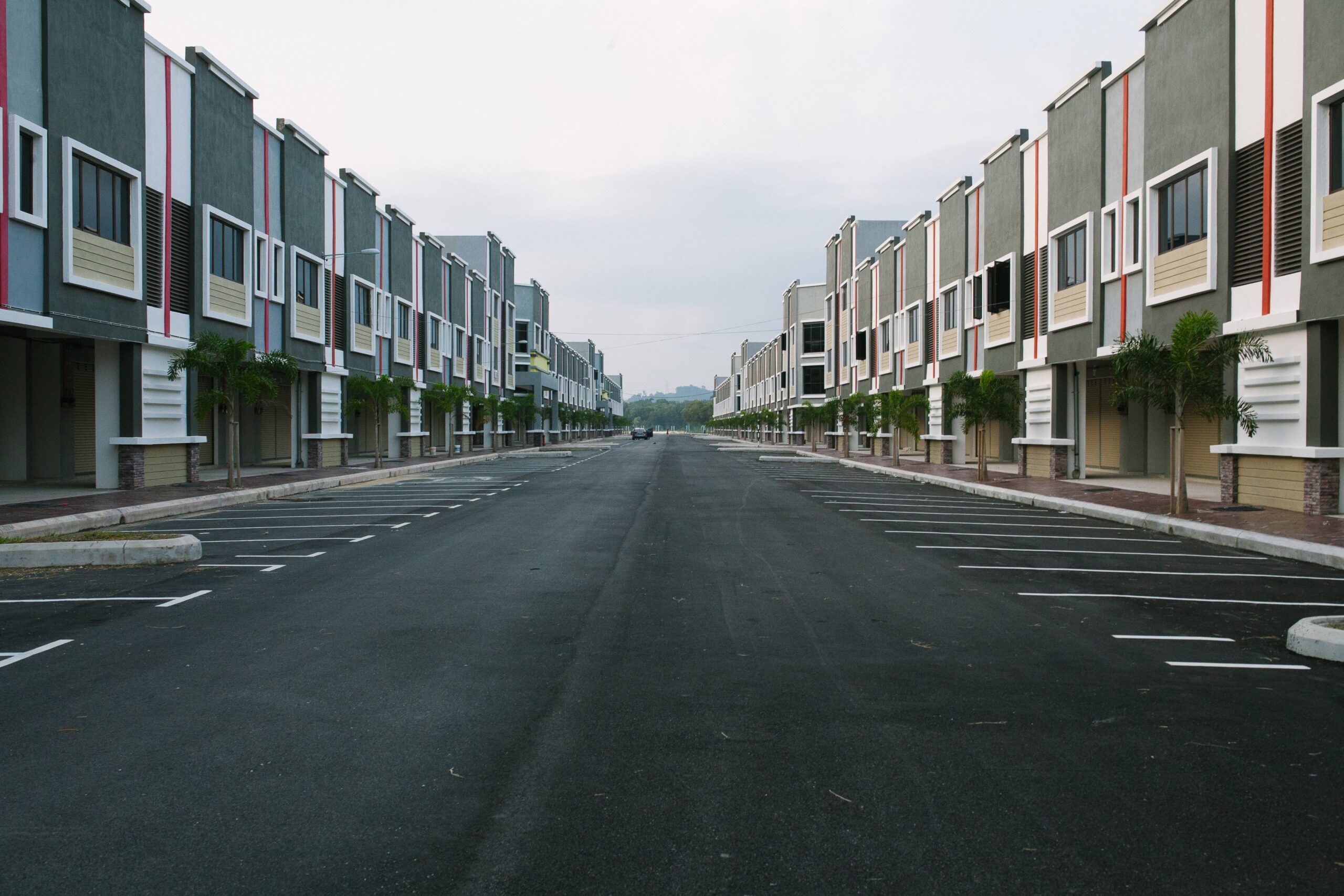- Have any questions?
- (850) 713-4866
- info@shorefront-investments.com
Airbnb’s and Short-Term Rentals, the Uber to Your Taxis

The Eviction Process Simplified
October 1, 2021
Turning Your Long-Term Rentals Into a Short-Term Rentals: An Introduction
October 15, 2021As a homeowner trying their best to make the most use of their rental property, you might have seen these other people trying out doing short-term rentals. Things have been going well for short-term rentals lately, with hotels losing their appeal due to COVID-19. But isn’t that a lot of work? How does it feel? Well, maybe this is your first step to test the waters with short-term rentals. Let’s see what it has in store for you.
How Short is Short?
In general, if a tenant rents within a month, that’s considered “short-term”. Any longer than that, it’s either your standard long-term rental (housing) or possibly a long-term vacation rental. We can dive into the specifics in the future, but for now, let’s try to see the general differences between short-term rentals (like your Airbnb’s) and long-term housing rentals.
Why You Might be Hesitant with Short Term Rentals
Simply speaking, the cash flow or income with long-term rentals is more consistent. With guaranteed money going into your bank account every time your tenant pays. With short-term rentals, people won’t always be there, so you might not get as much from one month to another. And that’s if you do get any tenants from month to month.
Next, it’s more “efficient” to manage. Consider this list below:
- Compared to short-term rentals, you need less time for maintenance. Your long-term tenants are usually responsible for taking care of the house. They clean up after themselves. This usually wouldn’t be the case for short-term rentals. Do you clean your hotel room before you check out? If you do, you’re probably a saint.
- Your long-term rental tenants also pay for their own utilities! This isn’t exactly the case with short-term renters since they would’ve likely already left by the time the bill arrives.
- There’s also significantly less turnover. “Turnover” essentially means the rate at which you “replace” your tenants. With long-term tenants, you would usually have them from six months to over a year (I hope yours do. Otherwise, that might be a problem). But on the “shorter” end of the stick (quite literally), you’d expect to have multiple people coming in and out of the home. That means numerous vetting processes, a bigger chunk of expenses on marketing, and a potentially greater risk of meeting problematic tenants.
It’s easy to see why you and many others might not be keen on making the switch. With all of these benefits, why would anyone throw long-term rentals away?
Yeah, why would anyone throw long-term rentals away?
Why You Might Want to Take the Leap of Faith
We’ve stalled long enough, so we’ll cut to the chase.
- For starters, you can get around double what you would from a long-term rental, especially in a tourist-friendly area. Sure, you spend more time and money on managing the property, but you certainly get more! In essence, you can just factor in the extra maintenance onto the starting price! A bonus here is that you can also adjust the prices accordingly! Are all the other places booked? People will gladly pay you more!
- Because you expect more people to come in and out of the property, there’d be more maintenance going on. And because you (or the maintenance) person gets to see the property more often, you have less risk of seeing tiny issues come up before they turn into nightmares. And speaking of nightmares, if a terrible tenant wreaks havoc, it’s much easier to deal with them. They get to leave sooner! Compare that with trying to evict a bad tenant.
- And if you think you’re not totally ready to make the switch, who says you had to go all-in? You can choose to have the place rented out during your area’s “off-season” and only choose to reap the “short-term” benefits when they’re ready for the taking!
But you know what they say, with great power comes great responsibility. While the advantages may seem alluring, the work required to get them still remains. If you’re running this property on the side, unless you’re going to hire a property manager, you might want to switch careers if you want to go this route. If it’s still not clear, handling short-term rentals is a heavy burden to bear with heavy payouts (if things work as expected).
But fret not. With the inevitable advancement of technology comes ease of life. Because platforms like Airbnb and websites such as TripAdvisor are rising in usage, marketing your rental properties has never been easier! You can only expect it to be better as time passes.
[Of course, you do have to ensure that your property can be used as a short-term rental. You may need to check your local rules and regulations on how you could legally be “qualified” to join the club.]
The Quit Button Always Exists
If you’re already sold on short-term rentals, then you’re good to go. But if you still seem to be looking for something else, try reading for a bit more.
Sometimes, things can just get a little frustrating. Maybe you’re looking at this article in hopes of making your life easier. But again, short-term rentals are more difficult to manage.
Other times, life happens, and we just need that sudden change. Whether it be a more consistent or more sizable source of funds, everyone goes through that kind of a phase. But our discussion here may still not have scratched that itch.
We always offer the quit button here. If you feel stuck, maybe the option is to quit and stop being a stressed landlord. And that’s not a bad thing. Perhaps it’s time to focus on other things. Things just don’t work out at specific points in our lives.
So how can you quit? Try selling your property to real estate investors! Sure, you can sell through an agent, but that’s going to be more work (renovations, finding buyers, etc.), which isn’t really what you might want. Investors like Shorefront Investments (that’s us!) can buy your property in an “as-is” condition. What’s the harm in trying? If you’re in the Panama City area, you can give us a call at (850) 713-4866, send us an email, or fill a form on our front page. If not, then try finding a reputable real estate investor near you!




